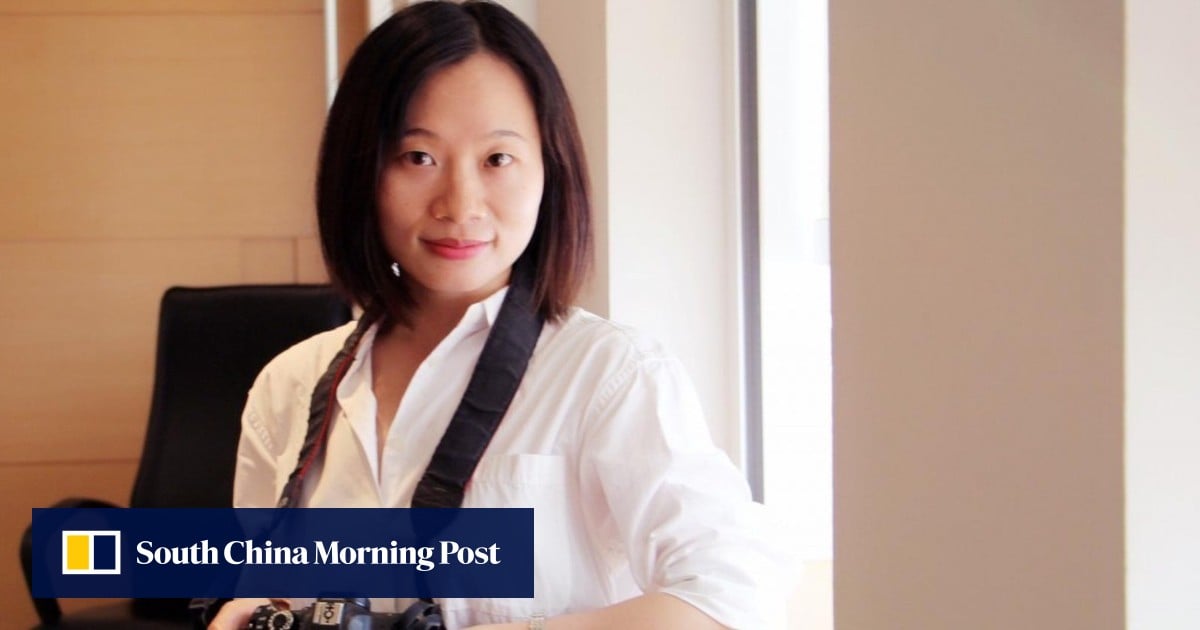The two, who were arrested in September 2021, have served two years and nine months in prison, which will be deducted from their sentences. Huang is expected to be released in September 2026, while Wang will be freed in March next year.
Huang said she would appeal, according to people familiar with the matter.
“Using national security as a reason to suppress civil society activists is a bad signal that denies the value of social justice and rejects the moderate voices of civil society,” said a friend of both Huang and Wang’s.
The activists stood trial in Guangzhou last September, when American diplomats tried to attend but were denied access.
Huang, 36, has been a journalist for more than a decade. In early 2018, she launched an investigation into a prominent professor, which led to what is believed to be China’s first #MeToo case and attracted significant public attention.
Huang went on to focus on reporting on feminism, and became a leading figure in China’s #MeToo movement.
Then, in August 2019, before she was to begin a master’s programme in human rights law at the University of Hong Kong, Huang was detained by Guangzhou police on charges of “picking quarrels and provoking trouble”.
She was detained for three months, according to her friends, but was not brought to trial.
In September 2021, she and Wang were detained again, and this time was prosecuted.
Wang, 41, has long worked for NGOs that support vulnerable groups, including advocating for the rights of workers with occupational diseases.
According to an indictment posted on an account set up on X, formerly Twitter, by friends of the pair last year, the official charges appeared to focus on gatherings hosted by the two since late 2020.
People who were at those gatherings said they discussed social issues, including women’s and LGBT rights. They also watched films and played board games together.
The indictment also alleged that Huang “propagated the ideology of subverting state power” by publishing articles online from 2019.
It also stated that Huang provided online training that “used major events and social movements at home and abroad to incite participants’ dissatisfaction with state power”.
Li was accused of helping her partner Xu Zhiyong, who is serving a 14-year sentence for subversion, to post a large number of “subversive articles” online.







